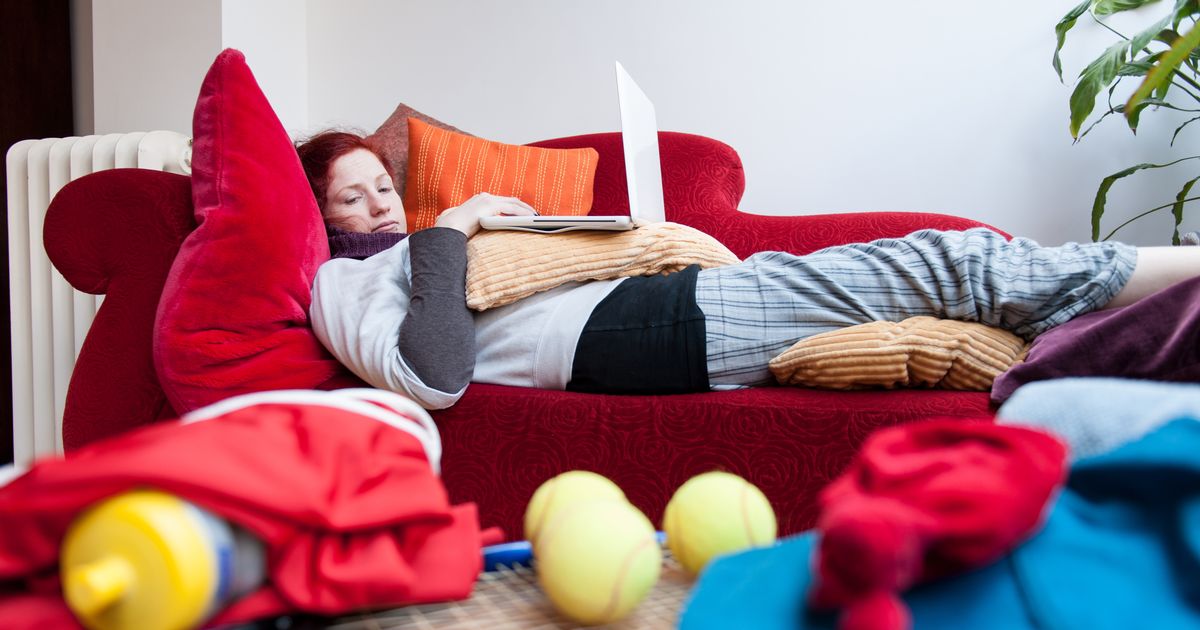Are These Bad Habits Making You Moody, Anxious & Depressed?
If you are doing everything correctly, eating a well-balanced diet, getting sufficient exercise and sleep, and generally making good lifestyle choices, but for some strange reason cannot shake off persistent feelings of moodiness, anxiety, and depression, it may be caused by some fairly innocent habits. While you can blame it on genetics, the fact is you may simply have some bad habits you have never taken notice of, which might be the underlying issue. Habits can be insidious and the following are some of the ones to take note of.
Drinking An Excessive Amount Of Caffeine

Caffeine in beverages releases adrenaline and produces hyperarousal. Caffeine has health benefits but it is also easy to build up a tolerance to it, and caffeine withdrawal will leave you feeling irritable and sluggish. Too much coffee can leave you in a state of hyperarousal and feeling the side effects of caffeine such as jitteriness and anxiety after a cup of coffee. Caffeine also raises an individual's heart rate and causes them to have sensations of nervousness and agitation. Individuals who are already prone to anxiety, coffee can greatly provoke its negative effects, and can even cause sweaty palms, a pounding heart, ringing in the ears, and possibly a full-blown panic attack.
Sitting Around Too Much

A sedentary lifestyle is connected to multiple diseases, anxiety, and depression. Inactivity is a common symptom of depression and anxiety, as an individual often will lack the energy and drive to do the things they once enjoyed. It's okay to take a break once in awhile, however, getting up and staying active will significantly improve an individual's overall mood and mental health.
The good news is that exercising not only improves your physical health, it also releases neurochemicals, specifically dopamine and serotonin, the feel-good hormones that boost overall happiness and health. Studies show that performing moderate exercise, such as walking twenty to forty minutes, three times a week, is highly effective in decreasing depressive symptoms and improves the long-term outcome for those who are dealing with depression or anxiety. So, what are you waiting for? Get up and exercise to reduce feelings of anxiety and depression.
